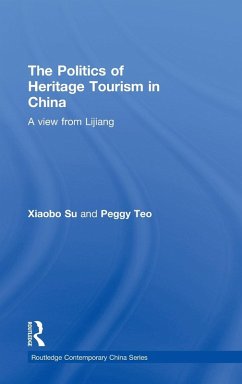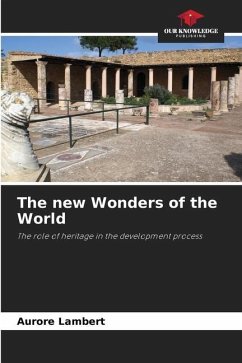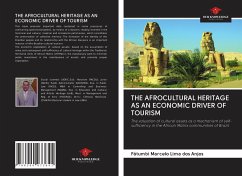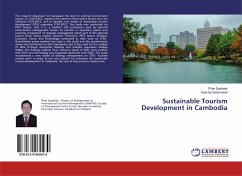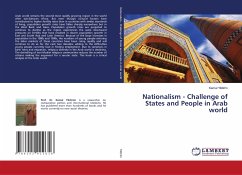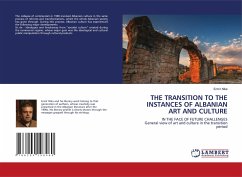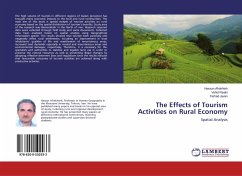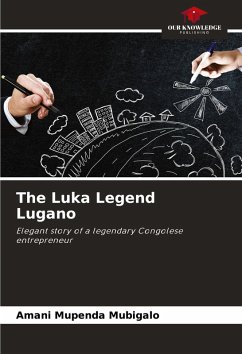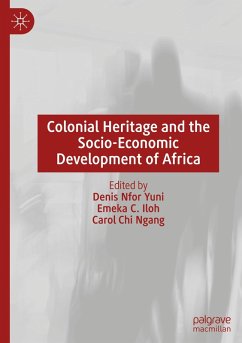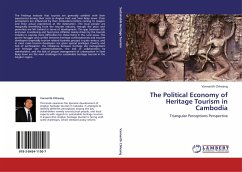
The Political Economy of Heritage Tourism in Cambodia
Triangular Perceptions Perspective
Versandkostenfrei!
Versandfertig in 6-10 Tagen
45,99 €
inkl. MwSt.

PAYBACK Punkte
23 °P sammeln!
The findings indicate that tourists are generally satisfied with their experiences during their visits to Angkor Park and Siem Reap town. Their perceptions are influenced by their motivations before coming to Angkor and their actual experiences at the destination. The local people are marginally benefiting from the tourism industry, though the poor and powerless are left behind in terms of development. The gap between rich and poor is widening and food price inflation mainly driven by the tourism industry is causing more difficulties for those living in the rural areas. The power struggle and ...
The findings indicate that tourists are generally satisfied with their experiences during their visits to Angkor Park and Siem Reap town. Their perceptions are influenced by their motivations before coming to Angkor and their actual experiences at the destination. The local people are marginally benefiting from the tourism industry, though the poor and powerless are left behind in terms of development. The gap between rich and poor is widening and food price inflation mainly driven by the tourism industry is causing more difficulties for those living in the rural areas. The power struggle and conflict between heritage conservationists and tourism developers (especially tourism related business groups) is quite serious, and in most cases tourism developers are given special privileges. Poverty and lack of participation, the imbalance between heritage site management and heritage site commercialization, the lack of collaboration by stakeholders, and the lack of proper management ofurbanization in Siem Reap town are the main challenges for sustainable heritage tourism in the Angkor region.





